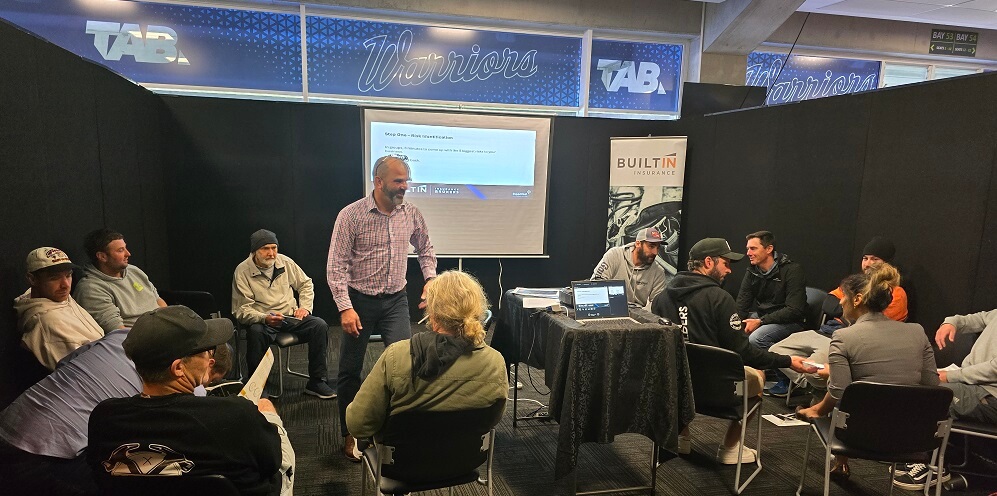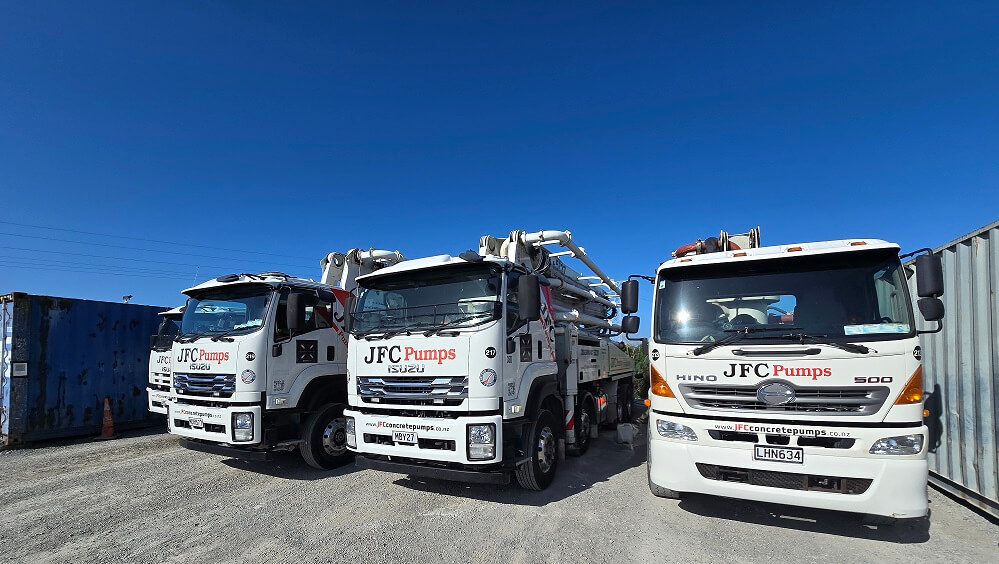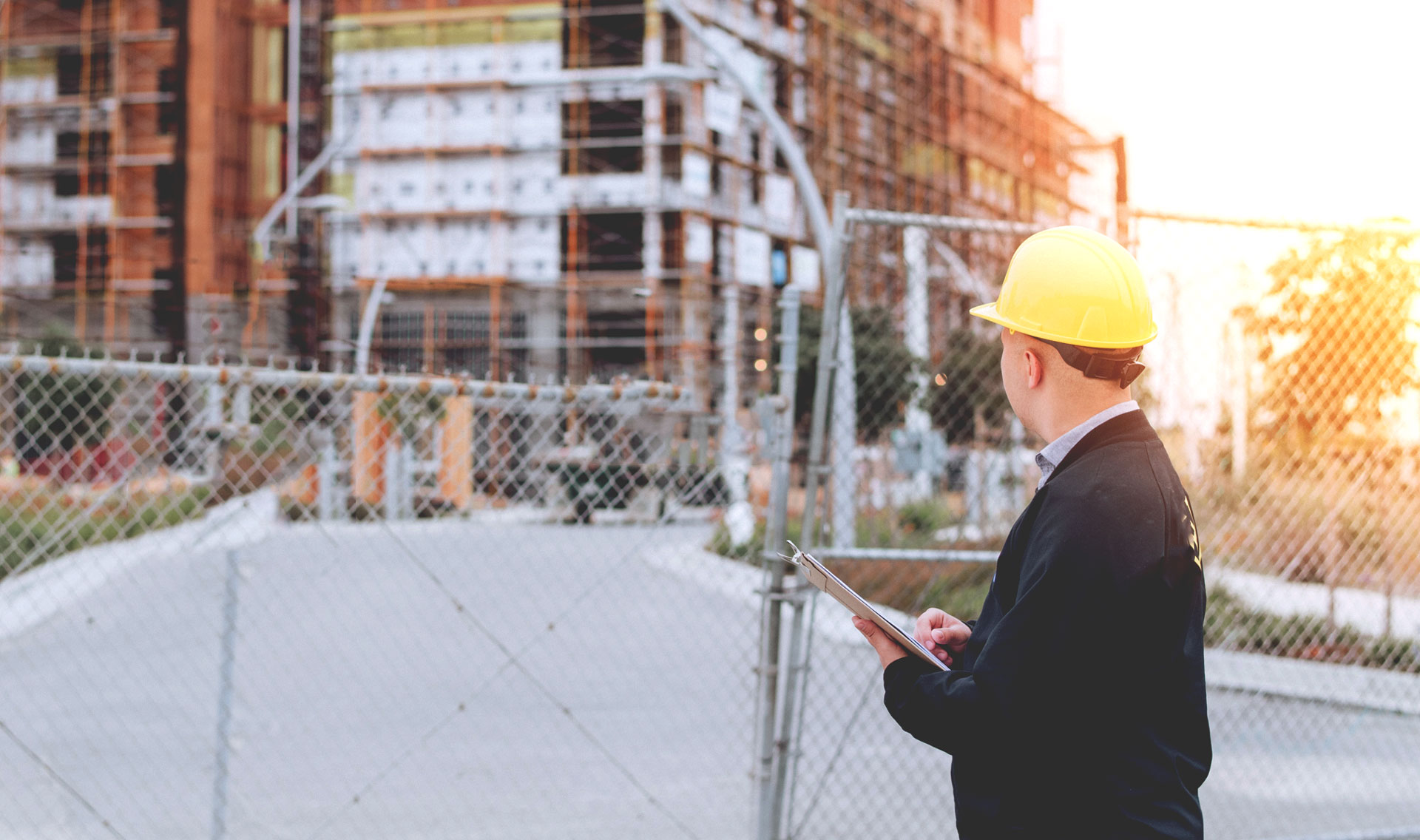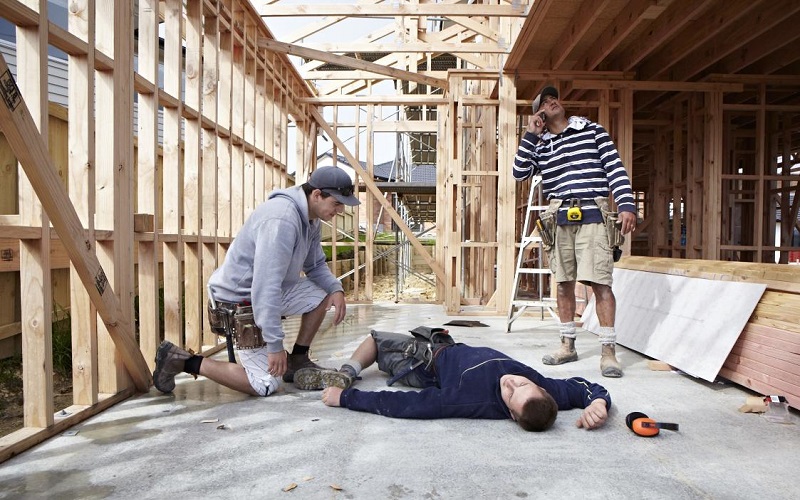Articles, Guides, Checklists and Videos
Articles

ITM Training Day Attendees Discuss the Key Risks Builders Are Worried About

Could An Overloaded Vehicle Result in a Declined Insurance Claim?

Does your public liability insurance include a “rip & tear” exclusion?

Cyber Risk Management – tips when making payments or sending invoices + a recent claim from a construction company

The Trades Coach Offer: How to do (better) marketing when you need more work

Opinion: Will insurance ever replace the need for building consents and inspections?

Case Study: How Builtin Saved One New Customer $30,000 Off Their Insurance Bill

Are builders liable for the actions of their subbies?

Are You a Labour Only Contractor? Here are Some Liability and Insurance Considerations
Would you like regular updates on construction risk and insurance tips?
(it comes out every couple of months)
Videos
Guides & Checklists
Simple Risk Management Checklist
Use the checklist below to lower the odds of some of the most common risks faced by construction companies and tradies happening to you and your projects.
Key Risk Checklist for Builders
Work through the checklist to see how well you’re managing the top 5 risks identified by builders. It’s recommended to use the checklist for every job or project.
Building Contractor Risk Scorecard
Use this form to regularly assess key areas of risk. This will help identify trends in performance and indicate where action needs to be taken.
Easy Guide to Contract Works Insurance
Builtin’s Guide to Contract Works Insurance outlines some of the most important issues with this type of cover that builders need to be aware of when starting a new project.
Defective Workmanship Cover Explained
Defective workmanship—by you or your team—can expose you to thousands in liability, legal fees, and damages. Make sure you’re properly protected.
Basic Tool Inventory for Builders
Use this table to work out how much your tools are worth and keep a record of them. You can save and update the list any time. You will be able to print a copy.
Builders Insurance Requirements Checklist
Use this form to check if there are any gaps in your insurance coverage compared to the areas of risk that you’re exposed to.
Construction Project Risk Checklist
Use this form for each new job or project. It will help ensure you have covered off the most important tasks to mitigate risk to the project’s success.
Construction Project Insurance Checklist
Every building project involves risk. The risk may be higher or lower, depending on a whole range of factors, and you will need to eliminate, isolate or minimise these risks.
